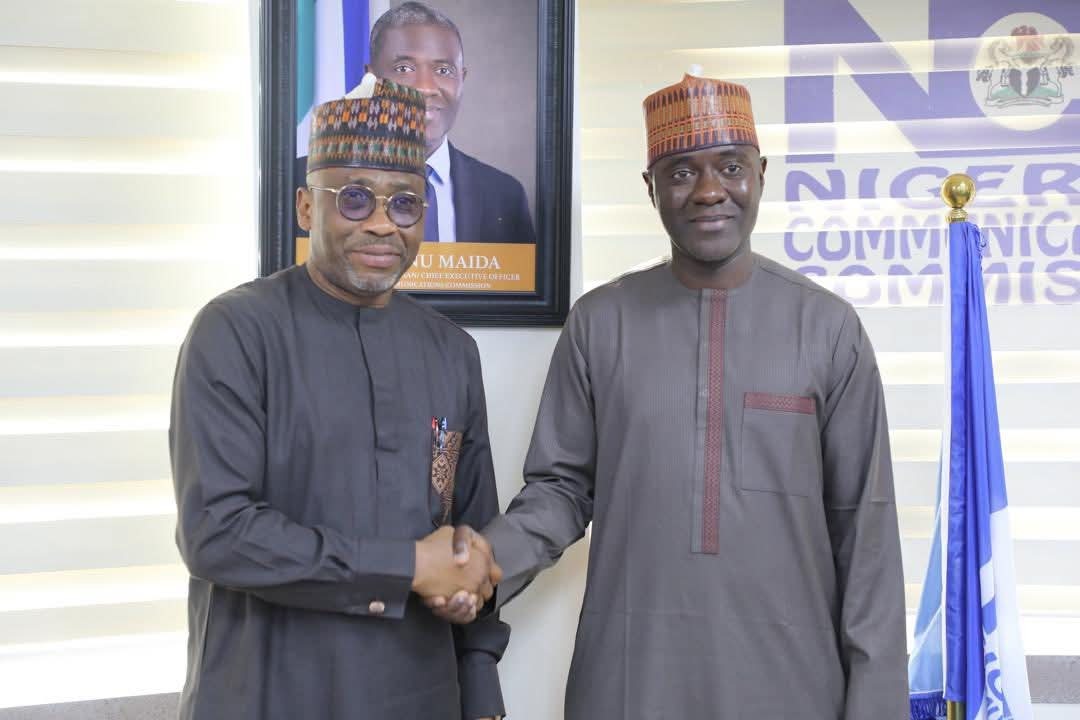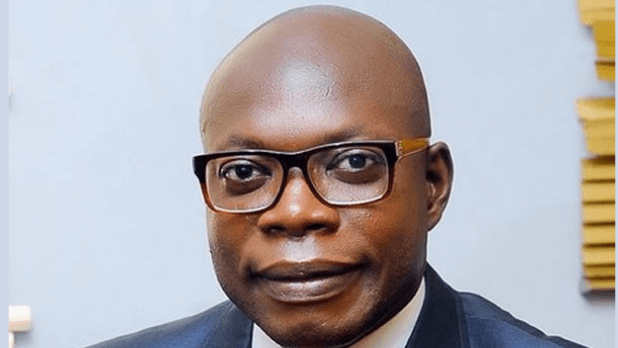Search for Common Ground has trained more than 30 journalists in Asaba, Delta State, in a three-day workshop aimed at promoting conflict-sensitive reporting and discouraging sensationalism in the media.
The programme focused on the intersection of journalism, communication, and conflict transformation, encouraging Nigerian media practitioners to adopt a peace-promoting approach in their reporting, particularly in conflict-prone regions.
Speaking at the training, Search for Common Ground’s Mass Media and Information Management Coordinator, Sunny Dada, underscored the dangers of sensational reporting in fragile communities.
“Sensationalism is inimical to peacebuilding in conflict-prone societies,” Dada said. “Journalists must reject narratives that exacerbate tensions and instead embrace their role as agents of dialogue, understanding, and social cohesion.”
He noted that the media often shapes the trajectory of conflicts, influencing both public sentiment and government responses.
Similarly, Mass Media and Information Management Officer, Folashade Seye-Ojo, criticised what she described as the entrenched habit of Nigerian media outlets to frame conflict stories along ethnic, religious, or political lines.
She urged reporters to move away from poor news judgment, conflict insensitivity, and commercially driven reporting that prioritises clicks over credibility.
“Conflict attracts attention because the media is always there to amplify it—for better or for worse,” she said.
A key focus of the training was Conflict Transformation — a framework that positions journalists not just as observers but as active stakeholders capable of influencing peace outcomes.
Participants were introduced to digital peacebuilding strategies, exploring how platforms such as Facebook, X (formerly Twitter), WhatsApp, and TikTok can be used not only to counter disinformation and hate speech but also to mobilise communities and promote nonviolent responses to crises.
One session, titled “Using Our Reports to Build Peace in Violent Areas,” explored how storytelling and real-time reporting can calm tensions during crises. Practical sessions on fact-checking, conflict-sensitive reporting techniques, and digital narrative mapping were also held.
Organisers described the training as part of a broader effort to strengthen the media’s capacity to act as a catalyst for peace in Nigeria’s conflict-affected regions.






